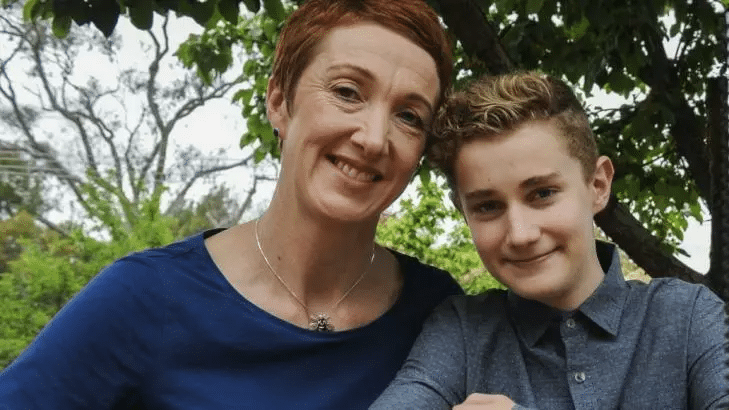MissingSchool was featured in an article from The Sydney Morning Herald. To view the original article click here.
When Megan Gilmour’s son Darcy was ten, he was diagnosed with three rare blood disorders.
He had a bone marrow transplant in 2010 but continued to be critically ill throughout 2011.
Amid fears for Darcy’s health over the two years, Ms Gilmour was also worried about his schooling. She assumed that support for his education would just occur naturally and so was surprised when she began to encounter “more and more difficulties” when trying to keep him up to date.
Ideas such as using Skype or having adult friends attend Darcy’s lessons for him were met with resistance. And there was the added cross-jurisdictional complication of Darcy being treated in Sydney – where some hospital schooling was available – when his primary school was in the ACT.
“I needed to show Darcy that his education was important [at the time]. Because he would be getting better and would need to be going back to school,” Ms Gilmour said.
“When you give an impression [to a sick child] that their education no longer matters … what message are you leaving them with?”
At the end of 2011, Darcy got better, but the difficulties keeping up his schooling through his illness stuck with Ms Gilmour. Together with two other mothers who also had children treated at the Sydney Children’s Hospital (all in the ward sponsored by Malcolm Turnbull and his family), she formed the not-for-profit group Missing School.
On Monday, the group will launch a report that argues an estimated 60,000 seriously ill Australian children are not being adequately cared for by state or territory education systems. Conducted by the Australian Research Alliance for Children and Youth (ARACY), it also finds serious gaps in the information collected about sick children and their school attendance.
“What we’ve found is that no agency in this country is actually recognising [seriously ill children] as a group of students in need,” Ms Gilmour said.
Among many recommendations, it calls for better links between education and health services and upskilling for doctors and teachers to help manage learning and technology so students can remain in touch from home.
ARACY chief executive Dianne Jackson said that advances in medical technology were seeing more and more children surviving illnesses that were previously incurable or unmanageable.
“While dealing with significant illness, they remain students,” she said.
In commending Missing School’s efforts, Prime Minister Malcolm Turnbull said it was a “sad fact” that young people suffered conditions that took them away from school.
“Maintaining a connection with peers and friends during such times can be crucial for a student’s social and emotional wellbeing, while continuing academic progress is important for long-term commitment to learning.”
